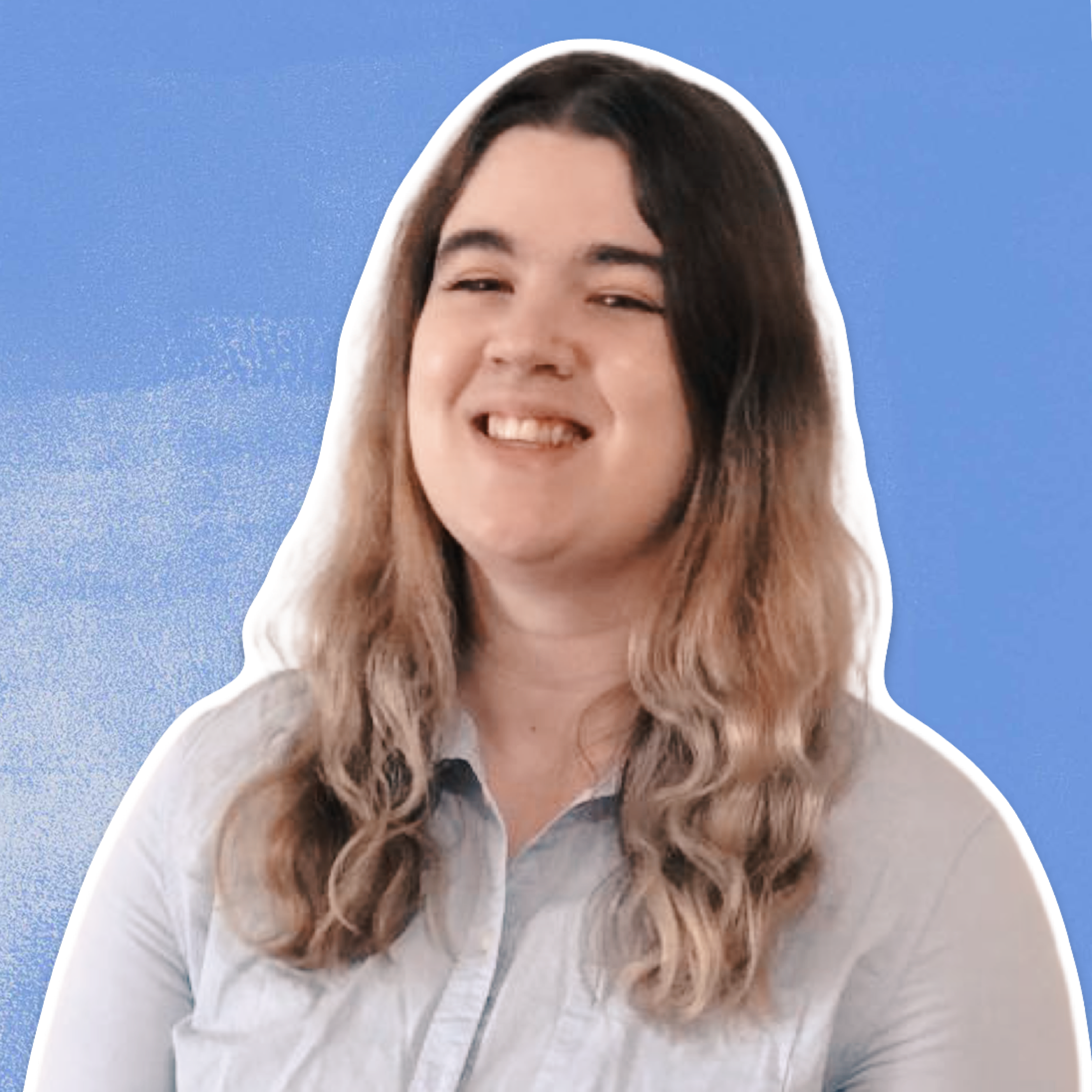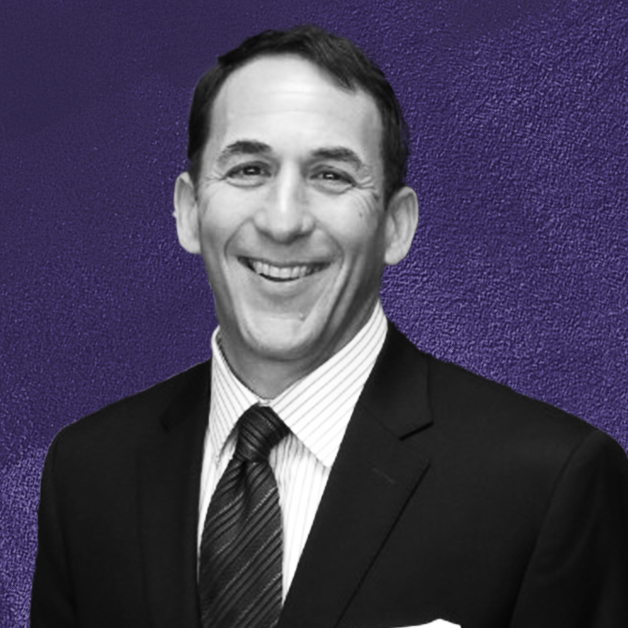
Darby Joyce
Content Marketing Coordinator
This upcoming semester may be Ross Cooper’s first as a full-time management professor at the Kogod School of Business, but he’s no stranger to the community. His wife and father-in-law are Kogod alumni, and he’s taught courses as an adjunct professor since 2018 while maintaining his role at Beacon Building Products. In that time, he’s made meaningful connections with colleagues and students; last semester, in fact he received a Best Professor Award—an honor selected by Kogod students to recognize faculty that have helped them in their academic careers. The award is a testament to the lasting relationships that Cooper has formed with his students.
“We’ve developed a neat connection between Beacon and Kogod, and we’ve hired many students over the years,” he explained. “I still play golf with a former star student of mine who’s currently in his third year as a junior marketing executive at Beacon—someday, he could be our VP of marketing.”
Cooper has fostered the relationship between Kogod and Beacon for years by leading an internship program that places Kogod students throughout the company. Previous interns have worked in marketing, human resources, and business law and have taken full advantage of the opportunity to develop their skills and interests in a supportive and hands-on setting.
Beacon is a Fortune 500 company that specializes in distributing construction materials, and Cooper is wrapping up his current role as their special advisor for business strategy. Though he has worked for them full-time since 2006, their relationship goes back even further to 1995; at the time, Cooper was a lawyer that Beacon brought on to represent their trade association. When Beacon went public ten years later, Cooper became their in-house counsel, handling the legal side of everything from mergers and acquisitions to SEC reporting and corporate governance.
“Over those sixteen years, we completed nearly fifty acquisitions worth around four and a half billion dollars,” he recalled. “I really had an opportunity over those years to develop a broad base in business law.”
Beyond furthering his understanding of mergers and acquisitions, spending nearly thirty years with Beacon also allowed Cooper to see how the intricacies of business law changed with the landscape. As the Internet became more relevant to his work, the scope of information that could be gathered for legal cases ballooned—as did the cost of gathering that information.
“You can have a relatively small case, but if it involves a tremendous amount of data, just searching through it all to find what might be relevant to the case can be a very time-consuming and expensive process,” he explained.
When the cost of e-discovery alone is in the millions of dollars, that cost can largely drive the outcome of the case.”

Ross Cooper
Professor of Management, Kogod School of Business
Whether or not a party has the time, money, and resources to comb through and store massive amounts of digital data can make or break their case, especially when a large corporation with money to spend on legal fees is involved. Cooper—and the business law discipline as a whole—have needed to adjust strategies to pursue cases in a digital age.
Cooper now brings that expertise to Kogod, where he teaches business law and ethics. In the upcoming spring semester, he’ll also launch a new course, “The Artistry of M&A: Strategic Perspectives on Buying and Selling Businesses,” for students with an interest in the details of mergers and acquisitions. His experience at Beacon weaves into everything he teaches, enabling students to see how theories and concepts translate into real-world scenarios. Whether he’s explaining how principles of employment law have manifested in his workplace or discussing his experience with major accounting firms like E&Y, KPMG, and Deloitte, it’s clear that students want to know how what they’re learning in their programs will apply once they’ve graduated.
“There’s always this uncertainty with students where they’re learning a principle, but they’re not sure how it actually gets applied in the modern business world,” Cooper said. “I’ve been able to pull both of those together in a way that students find enjoyable and that gives them a sense for why it matters.”
Outside of the classroom, he also wants to impart a wide range of resources to students interested in the legal side of business. On campus, students in Kogod programs can enroll in courses from other schools, including the School of Public Affairs and the Washington College of Law. Kogod’s proximity to the federal court system also gives students a unique opportunity to see critical legal discussions happen in real-time, something Cooper encourages his students to take advantage of.
“You can take the metro to the Supreme Court and attend an argument. You can watch sessions of Congress where lawmakers are talking about issues that pertain to business law,” he said.One of the major advantages of this university is that we’re so close to the heart of American political and legal life.”

Ross Cooper
Professor of Management, Kogod School of Business
Encouraging students to leave campus and experience how business law is applied in the nation’s capital is part of Cooper’s overarching goal to prepare his students for life outside of the classroom. He’s a major proponent of Kogod’s Center for Professionalism and Communications and their push for developing career skills, and he uses his own experience hiring people to set his students apart. After all, the applicant pools will be full of high achievers with solid resumes, so Kogod students must elevate themselves even more to stand out.
“You have to understand what folks like me, who have hired students for thirty years, are looking for,” he said. “You look at a lot of resumes, but when you actually interview someone and see that they’ve prepared and given thought to the process, that’s what’s most impactful to the hiring committee.”
As Cooper transitions into his new full-time role at Kogod, he hopes to get to know students and faculty better and keep building the bridge between Beacon and the university. “I’ll still have a tremendous relationship with Beacon, and it’s a Fortune 500 company headquartered in the area here,” he said. “Offering access to my colleagues there, especially for students doing their capstone projects, is something that I think would be really great.” By opening doors for his students to establish those professional relationships, Cooper’s work in business law and the lessons he learned at Beacon will still shine through Kogod.
